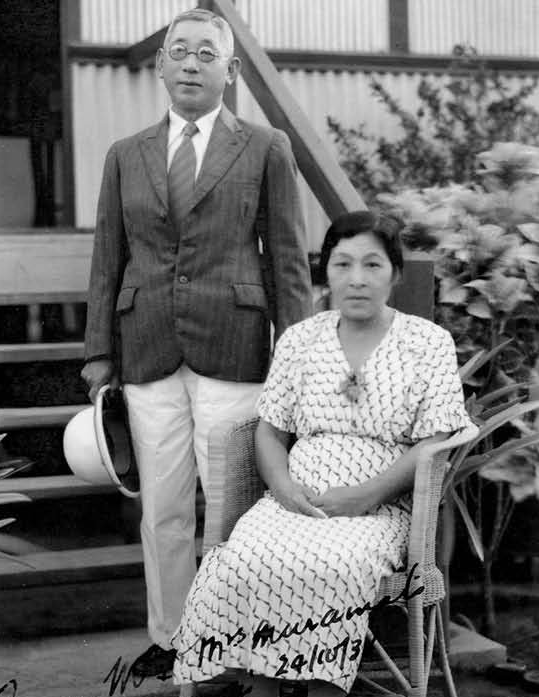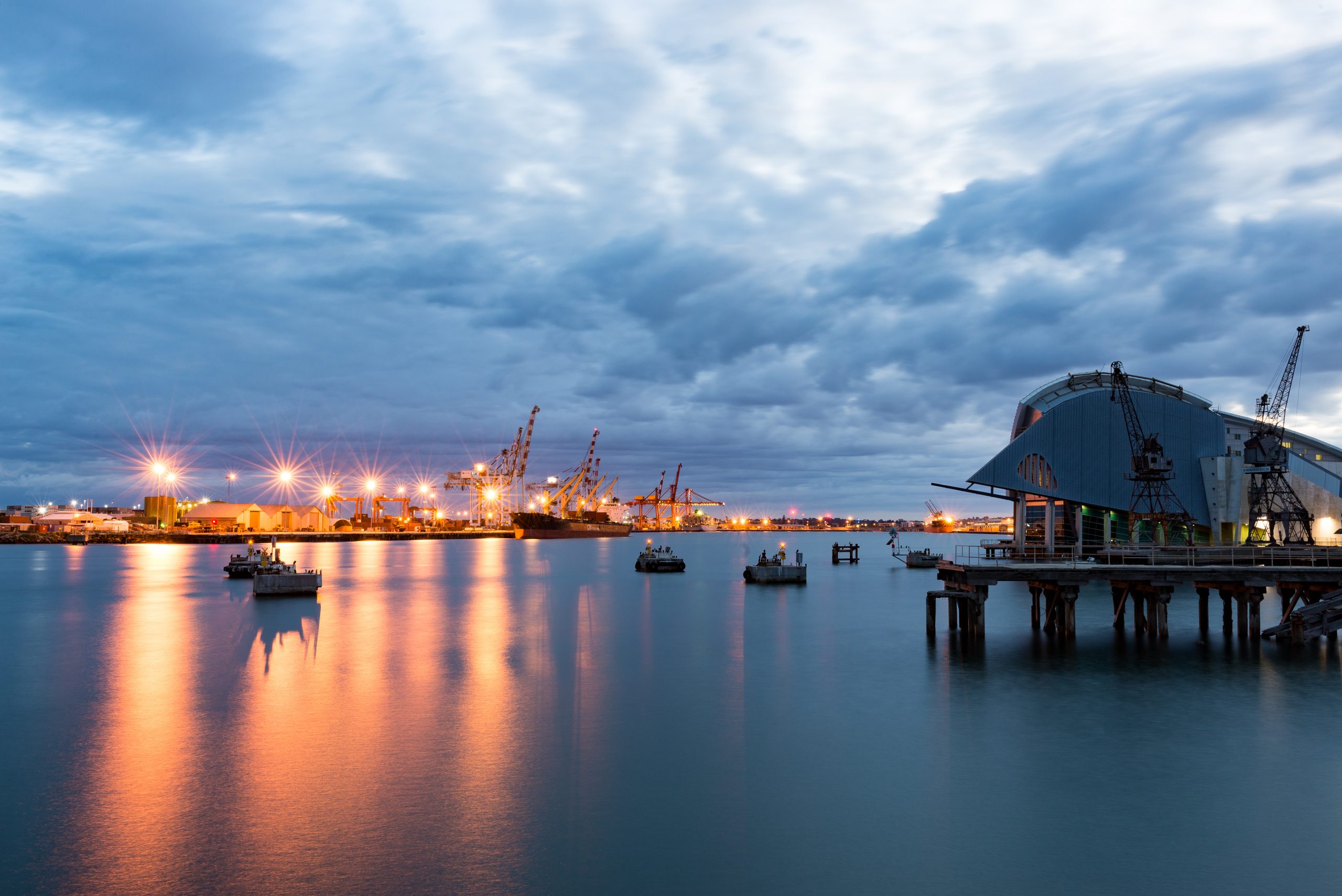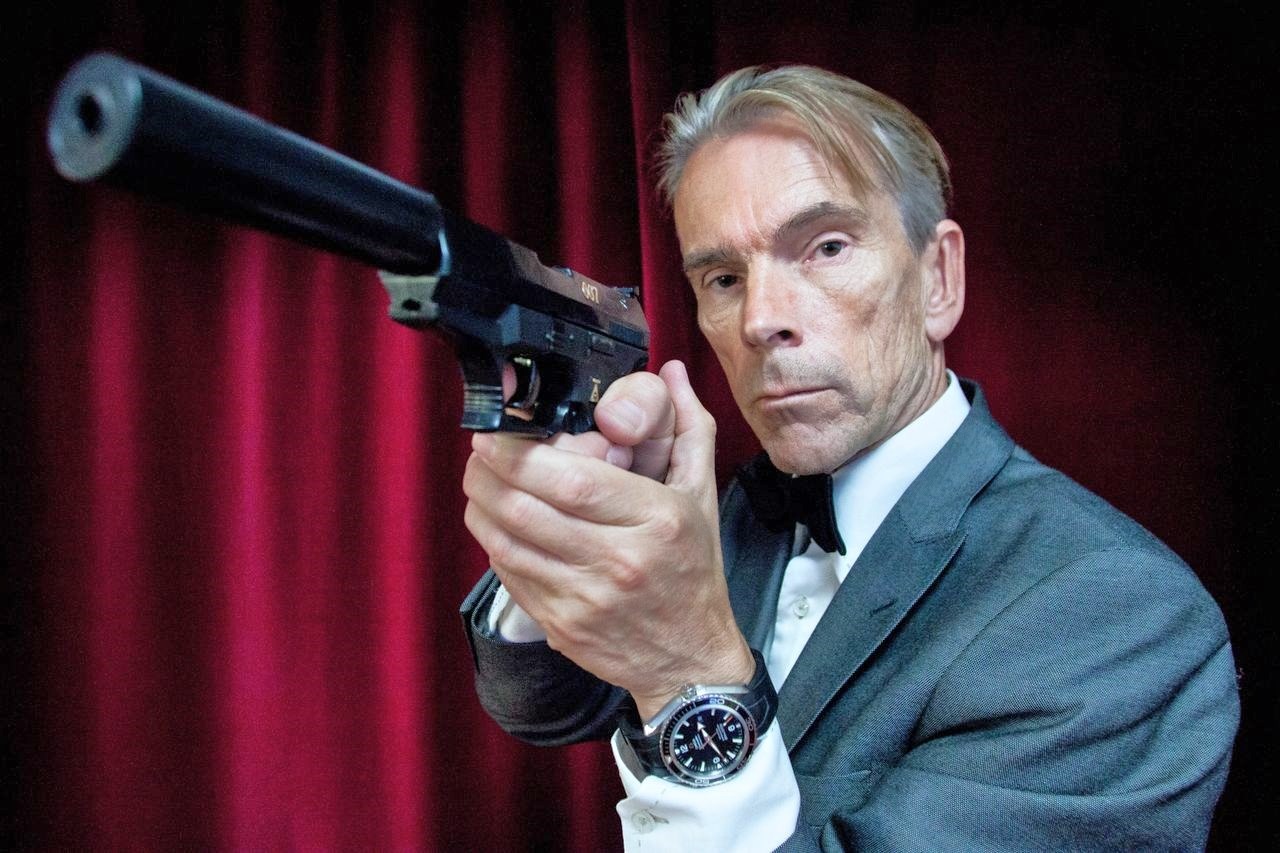Muramats: Misfortunes of war
 JIRO Muramatsu was 15 years old when he arrived in Cossack in 1893 – just 30 years after the town was established.
JIRO Muramatsu was 15 years old when he arrived in Cossack in 1893 – just 30 years after the town was established.
His father Sakutaro arrived in 1890 and opened a store in 1891, riding the wave of new pastoral and pearling ventures emerging at WA’s first North West port. Sakutaro died in 1898 and is buried here beside members of WA’s first pioneering families including Shakespeare Hall and Lars Hedlund, after whom Port Hedland is named and whose descendants still live in nearby Point Samson.
Jiro attended Cossack State School and Xavier College in Melbourne from 1895 to 1897. When his father died, he moved to Cossack and with his older brother Tsunetaro established J&T Muramats which operated until WW2. At one point, they owned half of Cossack and owned pearling licences and luggers including in Darwin where Jiro also lived, having been naturalised a British citizen before Federation in 1901. In 1905, the Japanese businessman married Hatsu Noguchi, who arrived in Australia in 1896. WW1 interrupted business, but it was the outbreak of the Pacific War in 1942 that saw Jiro and Hatsu interned as ‘enemy aliens’ in Victoria. Jiro died of cancer at Tatura Internment Camp on January 7, 1943. In 1946, Hatsu returned to Cossack, now a shadow of its former self as a thriving post. She lived there until the late 1950s, one of the last residents of the ghost town. Hatsu returned to Japan to be with her daughter and is believed to have brought with her the family’s business ledgers which were donated to the State Library last year. Hatsu died in Yokohama on August 12, 1959, leaving an estate in WA of £7670. Additional details at streetwise media.com.au.
 COSSACK landowner and Freo history buff Terry Patterson looks out over his property at the historic town: “This is where the Muramats family lived.”
COSSACK landowner and Freo history buff Terry Patterson looks out over his property at the historic town: “This is where the Muramats family lived.”
One of the recently uncovered walls of the Japanese family home is inscribed with November 17, 1909 (below).
Terry said the story of the Muramats is largely unknown in WA. That is, until Japanese scholar Mayumi Kamada revisited Cossack and the Muramats, who lived here from 1891 until the start of the Pacific War in 1942.
In 2022, the Muramats family donated a collection of ledgers that includes a 126-page ‘Bad & Doubtful Debt Book’ of unpaid goods, cash loans and names of more than 100 debtors. Importantly, the ledgers open up a new line of research into a largely forgotten community that lived at Cossack where members of the family are buried in the local cemetery.
Archivist Kate Gregory told the ABC in May: “They are fragmentary, there are five ledgers, so there would have been more.” She said some of the documents were so badly affected by mould, they had to be immersed in deep freeze to stop further damage. The collection includes letters, orders, receipts (1908-1927); copies of invoices, orders, bills of sale (1920s); notebook of names of Japanese in Victoria in 1890s, business notes; and diary entries with important personal details of Jiro Muramats (1893-1899).
 PEOPLE stopped living and working at Cossack after WW2. Founded in 1863, the ‘gateway’ to WA’s North West was named Tien Tsin after the barque that left Fremantle on April 24. On May 4, Tien Tsin joined Swedish-born Lars Peter Hedlund’s (Port Hedland named after him) 13m cutter Mystery, said to have sunk just off South Fremantle resident Terry Patterson’s property overlooking picturesque Butcher’s Inlet at the mouth of the Harding River StreetWise visited for this article.
PEOPLE stopped living and working at Cossack after WW2. Founded in 1863, the ‘gateway’ to WA’s North West was named Tien Tsin after the barque that left Fremantle on April 24. On May 4, Tien Tsin joined Swedish-born Lars Peter Hedlund’s (Port Hedland named after him) 13m cutter Mystery, said to have sunk just off South Fremantle resident Terry Patterson’s property overlooking picturesque Butcher’s Inlet at the mouth of the Harding River StreetWise visited for this article.
Neighbour Geoff Van Waardenberg’s great great grandfather Andrew Stonehouse Thompson arrived in the 1870s in a pearling boat he built in Free. His third eldest son Christopher helped his father repair boats here. In the 1930s, he made trips to Cossack in winter and stayed at the Weld and White Horse hotel sites. Mr Patterson owns a block next to the Weld site. Christopher believed Cossack would one day be a thriving heritage tourist town, “it is for the preservation of this kind of family history that we are so passionate in seeing this town succeed”.
 Retired medico Alan Wilson owns land on Perseverance Street next to Van Waardenberg and Patterson’s blocks. The oldest rate-paying family in WA, having held the title deeds since 1884, Mr Wilson, 76, is the great great grandson of William Shakespeare Hall who established the historic town. His wife stayed in Cossack until 1952 then moved to England. William is buried in the old European section next to the Asian/Japanese sites at Cossack Cemetery more than 1500km north of Perth.
Retired medico Alan Wilson owns land on Perseverance Street next to Van Waardenberg and Patterson’s blocks. The oldest rate-paying family in WA, having held the title deeds since 1884, Mr Wilson, 76, is the great great grandson of William Shakespeare Hall who established the historic town. His wife stayed in Cossack until 1952 then moved to England. William is buried in the old European section next to the Asian/Japanese sites at Cossack Cemetery more than 1500km north of Perth.




